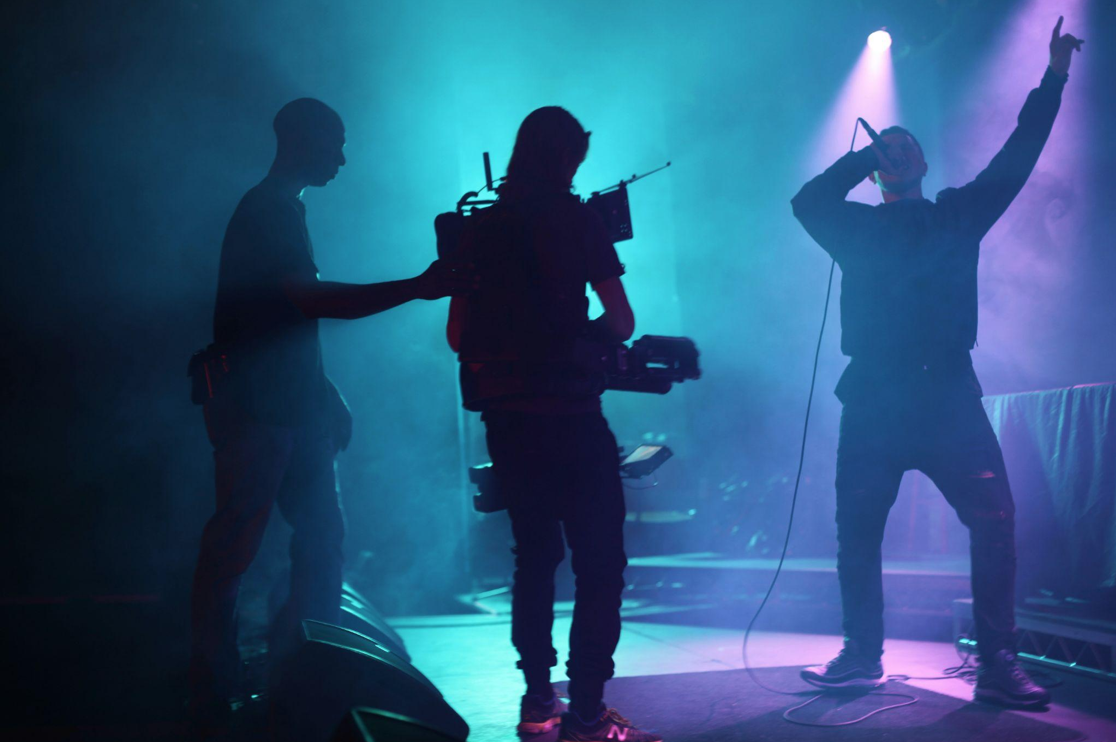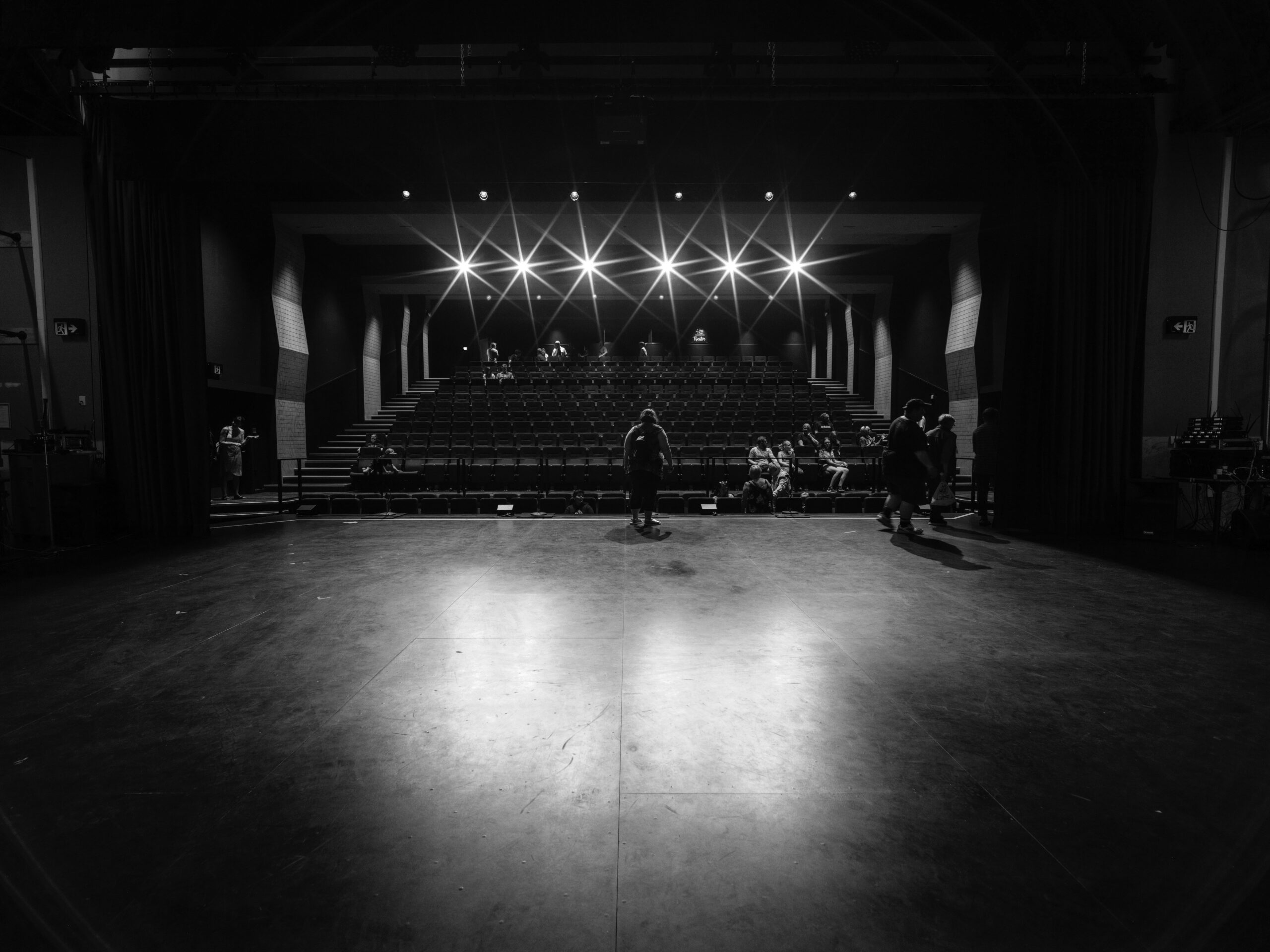
On Twitter, the question for copyright holders is not how to enforce their rights under the Digital Millennium Copyright Act (DMCA), but whether to enforce them. Specifically, on Twitter, copyright holders can report any violations under the DMCA, and penalties for violations range from having the content removed to a permanent ban from Twitter.1 With having a presence on social media only becoming increasingly important for copyright holders, it has proven critical for these holders to strike a balance between protecting their rights and giving some leeway to users. Often, allowing users to have the latitude to use copyrighted material only promotes the holder’s product, either directly or indirectly. Accordingly, some copyright holders have decided that it’s sometimes better to “join them” rather than to “beat them,” as it relates to users who technically violate DMCA rules. A strong example of this question was Leslie Jones allegedly having some of her posts taken down during the 2022 Winter Olympics.
In 2016, social media’s most prominent Olympic commentator wasn’t initially employed by NBC.2 Rather it was Leslie Jones, the Emmy-nominated Saturday Night Live star,3 and her Twitter feed.4 Her witty coverage during the 2016 games quickly led NBC to invite her to come down to Brazil, where the 2016 games were located.5 NBC’s head of Olympic coverage stated that “[e]xperiencing the Olympics through the lens of Leslie is unlike anything else.”6 Jones continued to play a prominent role on social media during the next two Olympic games, being dubbed the “De Facto Olympics Fashion Critic”7 in 2018 and declared as some people’s “favorite Olympics sportscaster” following her defense of Simone Biles in 2020.8 It seemed like the 2022 games would be the same, but her fans were shocked by a post on her Instagram story discussing how NBC had been discouraging her this time around. Jones stated that she was: “starting to feel like this should be my last Olympics I live tweet…. [I]’m tired of fighting the folks who don’t want me to do it. They block my videos….”9 NBC has disputed that they took her videos down, saying that they were a “super fan of her” and that the removals were due to third-party error.10 In the days following the uproar, NBC said the situation has “been resolved.”11
Whether or not it was actually a third-party error, one thing is for certain, and that is that at some point in time, NBC made the decision not to wield their power as a copyright holder and have the videos removed. To put it another way, NBC decided that Jones’s infringing on their rights as a holder helped them, not hurt them.
Striking the correct balance between protecting content and permissiveness is particularly relevant in American professional sports. Whether it be on social media or on the video platforms that leagues own and operate, fans have increasing access to clips or highlights.12 One factor playing a role in this shift is most likely changing sports viewing patterns.13 Specifically, viewing patterns of younger fans are significantly different than those of older generations, and “about half of young [National Football League] (NFL), National [Basketball Association] (NBA) and [Major League Baseball ] (MLB) fans polled prefer watching highlights over a full game as opposed to the older folks, who still like to tune in for the whole thing.”14 This is attributed to a range of factors, such the effect social media has had on people’s attention spans, as well as the fact that many young people don’t have cable.15 Accordingly, leagues are now tasked with figuring out the best way to circulate these desired highlights and how permissive they should be, or how much they should collaborate with independent Twitter users.
The MLB’s response to criticisms of how they used Twitter’s copyright policies is an example of the changing landscape. In 2018, the MLB was met with uproar when it had popular Twitter user Rob Friedman, otherwise known @PitchingNinja, removed from Twitter because he used MLB highlights in his videos.16 At the time, Friedman had nearly 50,000 followers on Twitter.17 In response to the uproar, MLB stated that it would work with Friedman and allow him to continue using content from MLB games.18 Since this dispute, Friedman has become a “@MLB & @ESPN Pitching Contributing Analyst,” with nearly 350,000 followers on Twitter.19
Clearly with this experience in mind, the MLB took steps to make it easier for fans to share videos on social media with “Film Room.”20 With Film Room, users can “search the MLB video archives to produce a ‘reel’ of up to five plays and share that reel on any platform.”21 In the month following the launch of the platform, traffic to MLB’s video website went up over 250%.22 Additionally, with the success of accounts not affiliated with the MLB like @Jomboy, with nearly 400,000 followers, permitted to operate freely when posting NBA and MLB clips, the MLB has clearly wised up to the value of having fans have the ability to share these clips.23 In addition to the MLB’s efforts, any fan of the NBA or National Hockey League (NHL) can attest to the fact that there’s an increasing amount of Twitter users making their own gifs of highlights and posting them on Twitter.
As younger generations continue to crave highlights and short clips on social media,24 it seems clear that copyright holders aren’t going to achieve maximum growth without giving popular social media users license, or unofficial license, to post copyrighted material. Whether it be Leslie Jones or an anonymous sports blogger, rights holders have seemed to learn the lesson that just because you can enforce copyright policies doesn’t mean you should.
Seth Warshaw is a Second Year Law Student at the Benjamin N. Cardozo School of Law and a Staff Editor at the Cardozo Arts & Entertainment Law Journal. Seth is interested in litigation, regulatory law, and sports law.
- Copyright Policy, Twitter, https://help.twitter.com/en/rules-and-policies/copyright-policy (last visited Feb. 12, 2022).
- Aaron Tims, NBC Paid 7.75 bn for its Olympic Rights, and We Got Televisual Vomit, Guardian (Aug. 2, 2021) https://www.theguardian.com/sport/2021/aug/02/nbc-olympic-coverage-peacock-replays-primetime (discussing NBC as a rights holder since 2014).
- Leslie Jones – Awards, IMBD https://www.imdb.com/name/nm0428656/awards (last visited Feb. 12, 2022).
- Evelyn Wang, Leslie Jones Is Back With Her Hilarious Live-Tweets of the 2018 Winter Olympics, Teen Vogue (Feb. 9, 2018), https://www.teenvogue.com/story/leslie-jones-first-live-tweets-2018-winter-olympics.
- Ross A. Lincoln, Leslie Jones Accepts NBC Invite To Rio Olympics After Tweet-Storm Goes Viral – Update, Deadline (Aug. 8, 2016 2:43 PM), https://deadline.com/2016/08/rio-olympics-leslie-jones-nbc-1201799880/.
- Lexy Perez, Leslie Jones Contributing to NBC’s Winter Olympics Coverage, Hollywood Reporter (Jan. 30, 2018 9:40 AM), https://www.hollywoodreporter.com/news/general-news/snl-star-leslie-jones-contributing-nbcs-winter-olympics-coverage-1080065/.
- Laura M. Holson, Leslie Jones’s Twitter Makes Her the De Facto Olympics Fashion Critic (Again), N.Y. Times (Feb. 13, 2018), https://www.nytimes.com/2018/02/13/fashion/leslie-jones-olympics-twitter.html.
- Francesca Gariano, Leslie Jones is Already Our Favorite Olympics Sportscaster After Fiery Rant On Simone Biles, Yahoo (June 26, 2021), https://www.yahoo.com/now/leslie-jones-already-favorite-olympics-230935529.html.
- Leslie Jones Says She May No Longer Live Recap Olympics: I Won’t Stay ‘Anywhere I’m Not Welcomed’, People (Feb. 7, 2022, 9:04 AM), https://people.com/sports/beijing-olympics-leslie-jones-may-no-longer-recap-games/.
- Emily Winter & Brandon Lewis, Yes, The Olympics and NBC Can Block Your Olympic Videos on Social Media, KARE 11 (Feb. 9, 2022 3:41 PM), https://www.kare11.com/article/news/verify/olympics-verify/olympic-video-social-media-posts-can-be-blocked-by-ioc-nbc/536-025f37c6-d16a-46f4-953a-4b14e149b302.
- Biba Adams, NBC Responds After Leslie Jones Says She’s ‘Tired Of Fighting’ Over Olympic Tweets, Grio (Feb. 8, 2022), https://thegrio.com/2022/02/08/nbc-responds-leslie-jones-tired-fighting-olympic-tweets/.
- Weekend Sunday Edition, New Study Reveals Young Sports Fans Prefer Highlights Over Real Games, NPR (Mar. 28, 2021 7:56 AM), https://www.npr.org/2021/03/28/982035026/new-study-reveals-young-sports-fans-prefer-highlights-over-real-games.
- Id.
- Id.
- Id.
- Alex Putterman, Baseball fans were not happy that Twitter went after gif maestro Rob Friedman (aka @PitchingNinja), Awful Announcing (April 17, 2018), https://awfulannouncing.com/mlb/baseball-twitter-rob-friedman-pitching-ninja-suspended.html.
- Id.
- Twitter Dispute Involving MLB Raises Issues of Copyright and Fair Use, Justia (Apr. 27 2018), https://news.justia.com/twitter-dispute-involving-mlb-raises-issues-copyright-fair-use/.
- Rob Friedman, @PitchingNina, Twitter, https://twitter.com/PitchingNinja (last visited Feb. 12, 2022).
- Rob Fagan, With Film Room, MLB Finally Embraces Benefits of Letting Fans Share Highlights: ‘Our Philosophy Has Evolved’, Sporting News (Oct. 23, 2020), https://www.sportingnews.com/us/mlb/news/with-film-room-mlb-finally-embraces-benefits-of-letting-fans-share-highlights-our-philosophy-has-evolved/fhwdbo0awj3l15d647ctjt1s9.
- Id.
- Id.
- Jomboy, @Jomboy_, Twitter, https://twitter.com/Jomboy_ (last visited Feb. 12, 2022).
- NPR, supra at note 12.



